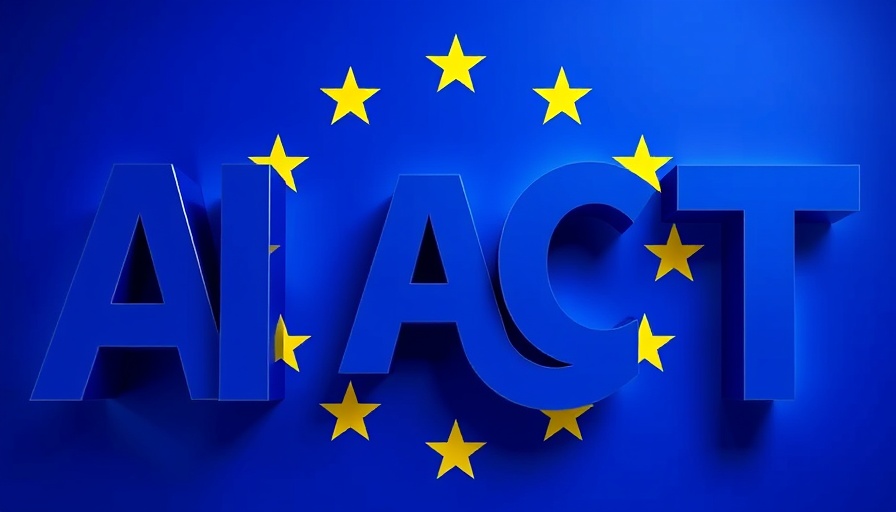
The EU AI Act: What SMBs Need to Know
In a move that underscores the growing influence of regulatory frameworks on technology, the European Union has introduced the AI Act, a sweeping legislation designed to govern artificial intelligence across the region. But this isn’t just a compliance checklist for big tech—small and medium-sized businesses (SMBs) in the U.S. need to pay attention too, especially if they operate or engage with EU markets.
Risk-Based Compliance: A New Reality
Unlike previous regulations that often exempt smaller businesses, the EU AI Act applies broadly based on technology impact rather than company size. If your AI tools serve EU markets or are accessed by EU citizens, you’re in the regulatory crosshairs. This risk-based model means that even the smallest marketing agencies using AI to generate ad copy targeting German audiences must ensure compliance.
The Deadlines Are Looming
The clock is ticking for compliance, with key dates to keep in mind. The initial deadline of February 2 established rules for “high-risk” AI systems, while August 2 marks the enforcement of governance rules for general-purpose AI. By 2026, the last phase of compliance is required, and the consequences of inaction could shake the foundation of your business, leading to fines that reach 35 million euros or 7% of annual revenue.
Understanding Your Risk Level
Once your business recognizes the necessity of compliance, the next step is evaluating which risk category your AI systems fall into. The Act categorizes AI systems into several levels, from unacceptable to minimal risk, and each tier comes with its own set of obligations. For example, if your system monitors job applications or provides automated financial advice, expect tighter scrutiny.
Support Is Available for SMBs
While the AI Act places strict compliance requirements upon businesses, it also offers support structures, such as regulatory sandboxes that enable businesses to test and adapt without facing immediate repercussions. This framework is essential for SMBs eager to innovate while managing risk pragmatically.
Relevance of Trends in AI for SMBs
The relevance of the EU AI Act extends beyond compliance; it reflects larger trends in technology and fintech that SMBs should consider. As digital tools evolve, aligning your operations with these regulations can not only prevent penalties but also position your company as a trusted player in an increasingly competitive market.
Your Next Steps: Prepare Now!
The landscape is shifting, and the time to act is now. Evaluate your exposure: are your current AI practices compliant with the EU AI Act? Investing time to understand these regulations can save your business from the potential upheaval that non-compliance brings. Document your AI usage, identify risk levels, and consult with legal experts to prepare your operations for compliance.
As the world leans more heavily on technology in operational environments, being proactive about compliance not only positions your SMB for sustainability but could also open doors to new opportunities as a trusted vendor in the EU market.
 Add Row
Add Row  Add
Add 



Write A Comment